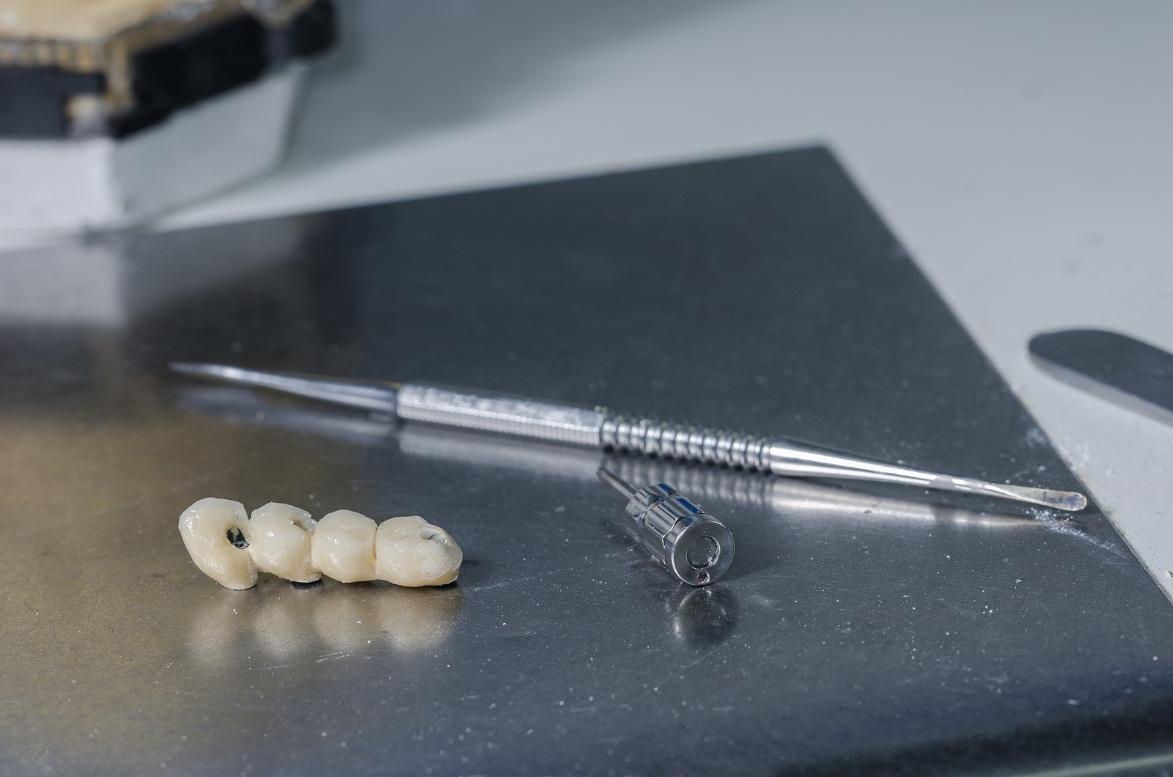Losing multiple adjacent teeth increases the risk of developing dental issues, including cavities and other more serious dental conditions. Thankfully, you can opt to have a permanent bridge placed in your mouth. Crowns and bridges are often combined to restore the natural appearance and function of teeth when there are gaps.

Supported by natural teeth or implants, bridges prevent nearby teeth from slipping out of place or becoming damaged from added pressure and lack of support. Having multiple missing teeth may also alter the shape of your face and make it difficult to chew food properly and speak clearly.
Types of Permanent Dental Bridges
Before you visit a dentist to discuss your options, it’s advisable to have a background on the different types of dental bridges. With a traditional bridge, a crown is created for the tooth or implant on either side of the missing tooth.
A cantilever bridge, on the other hand, may be recommended to replace a single tooth. This type of bridge may also be used if there aren’t two teeth on either side of the gap. Consisting of plastic teeth and gums, a resin-bonded bridge, sometimes called a Maryland bridge, is supported by a metal framework.
Long-Term Use of Dental Bridges
Dental bridges generally remain functional for anywhere from five to 15 years after being custom-prepared for a patient, depending on care. Regular dental checkups coupled with an effort to maintain good oral hygiene can increase the lifespan of bridges.
Proper Care of a Dental Bridge
The proper care of a dental bridge includes using a fluoride toothpaste twice daily to keep teeth and gums healthy and flossing daily to remove debris around the bridge. It’s also important to schedule regular dental cleanings and stay away from hard foods.
Unlike dentures or partials, crowns and bridges are permanently fixed in place, which increases durability. Your dentist can determine the best option for your situation. Take comfort in knowing there are many ways to restore the natural appearance and function of your teeth.
Sources:
Dental Health and Bridges, webmd.com
What Are Dental Crowns And Tooth Bridges?, colgate.comges?, colgate.com

Leave a Reply